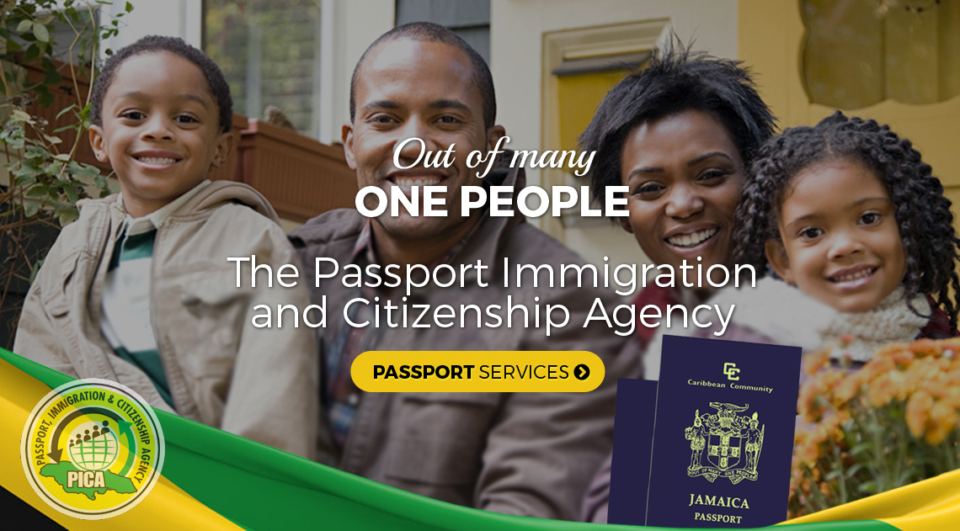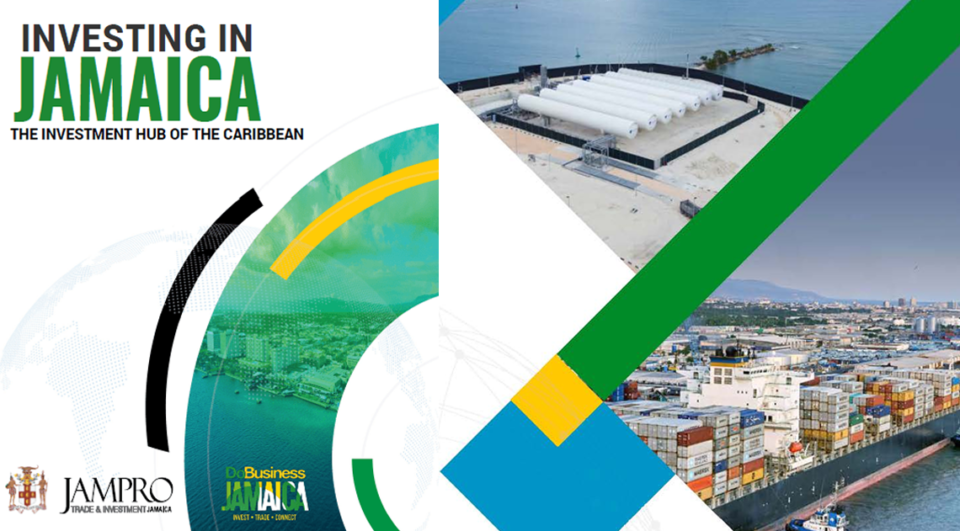[et_pb_section admin_label=”section”][et_pb_row admin_label=”row”][et_pb_column type=”2_3″][et_pb_text admin_label=”Text”]
African Caribbean and Pacific (ACP) / European Union (EU) Group of Countries
The ACP-EU relationship was forged when the United Kingdom joined the then European Economic Community (ECC) in 1973 and sought associate status for its former colonies. The former UK colonies formed an alliance with the former colonies of France to strengthen their capacity to negotiate with the European Commission and members of the EEC.
Jamaica was one of the original forty-six (46) developing countries which formed the African, Caribbean and Pacific (ACP) Group of States in 1975. The ACP was formed on the basis of the Georgetown Agreement, which was signed on 6th June 1975, in Guyana and constituted the coming together of countries divided by vast oceans but connected by common historical ties to the Member States of what was then the European Economic Community (EEC).
The ACP currently has 79 Member States and the organisation’s Secretariat is based in Brussels, Belgium. The current Secretary General is H.E. Alhaji Muhammad Mumuni.
Among other aims, the ACP seeks to promote peace, stability and deeper understanding among the peoples of the three regions; intra-ACP integration and enhanced relations with the European Union (EU) in order to accelerate the development of ACP states.
Within the context of the ACP, Jamaica has supported the ideals of the organisation and has contributed to the work of the Ministerial Council, the Committee of Ambassadors and other key institutions. Since 1975, there have been four (4) Lomé Conventions dealing with cooperation between the ACP countries and the Member States of the European Union. The Conventions covered the areas of Financial and Technical Cooperation, Trade Cooperation and Development, Agriculture, Mining and Energy, Development of Services, Regional Cooperation, Culture and Social Cooperation and the Environment. The provisions of these Conventions have allowed Jamaica to benefit from non-reciprocal preferential market access to European markets including under product-specific protocols for bananas, rum, and sugar.
The banana disputes in the General Agreement on Tariffs and Trade (GATT) of the early 1990s, initiated by groups of Latin American banana producers, resulted in the European Commission needing to request a waiver under the Most Favoured Nation (MFN) principle contained in GATT Article I.
The Lomé Agreement evolved into the Cotonou Partnership Agreement, which was signed on 23rd June 2000, and provides the framework for ACP-EU relations over a twenty (20) year period up to 2020. The Agreement was signed by 78 ACP Countries and 15 EU Member States and applies to those states that have since joined both groupings. The Cotonou Partnership Agreement signalled a new era in EU-ACP relations, particularly as it pertains to Development Strategies, Economic and Financial Cooperation, Technical Cooperation and Trade. However, in trade, the Agreement provided for a transition period of eight (8) years, during which WTO compatible Economic Partnership Agreements (EPAs) would be negotiated.
Over the duration of the partnership the European Union has undergone expansion on six occasions to its current membership of twenty-eight (28), with the accession of Croatia on 1 July 2013.
The EU has been negotiating Economic Partnership Agreements (EPAs) with the regional groupings within the ACP. For the purposes of the negotiations, the ACP was subdivided into six regions. Jamaica negotiated as a part of CARIFORUM, the Caribbean members of the ACP.
The negotiations for the CARIFORUM – EC EPA were launched in Jamaica on 16th April 2004. The CARIFORUM-EU Economic Partnership Agreement (EPA), which was signed on 15th October 2008, is by far the most comprehensive EPA which has been concluded, to date by an ACP region. In all other regions (Africa and the Pacific), interim agreements, covering mainly trade in goods, either have been initialled between the EU and individual African and Pacific countries and subgroups and/or are still being negotiated with a view to concluding full EPAs. ACP Least Developed Countries (LDCs), which have not concluded EPAs, receive full access to the EU market for their goods under the EU’s Everything But Arms (EBA) Initiative, without the need for reciprocal opening. Non-LDC ACP countries, like Nigeria and Gabon, which have not yet initialled EPAs, are currently exporting to the EU under the Generalized System of Preferences (GSP) regime.
Jamaica has played an active role in the ACP. Jamaica has chaired the ACP Group on two occasions, the last period being from 1st August 2004 to 31st January 2005. During this period, the then Minister of Foreign Affairs and Foreign Trade, Hon. K.D. Knight, in his capacity as President of the ACP Council of Ministers, chaired the 80th Session, which took place from 29th November to 2nd December 2004. The Minister also co-chaired the ACP-EU Council of Ministers which was held on 3rd December 2004, to review the Cotonou Agreement.
[/et_pb_text][/et_pb_column][et_pb_column type=”1_3″][et_pb_sidebar admin_label=”Sidebar” orientation=”right” area=”sidebar-1″ background_layout=”light” remove_border=”off” /][/et_pb_column][/et_pb_row][/et_pb_section]





